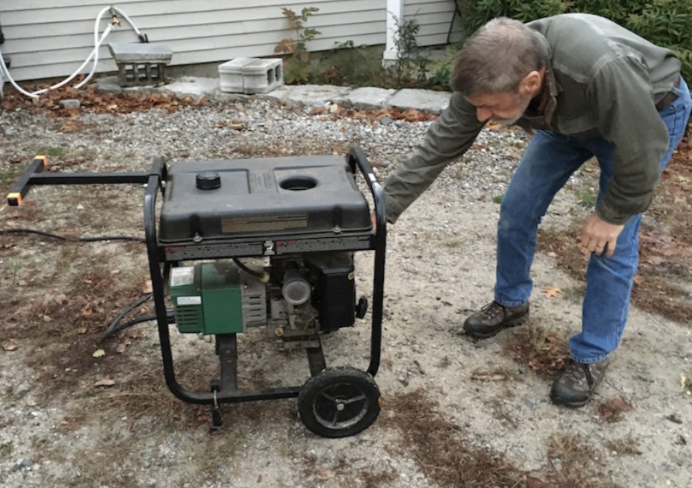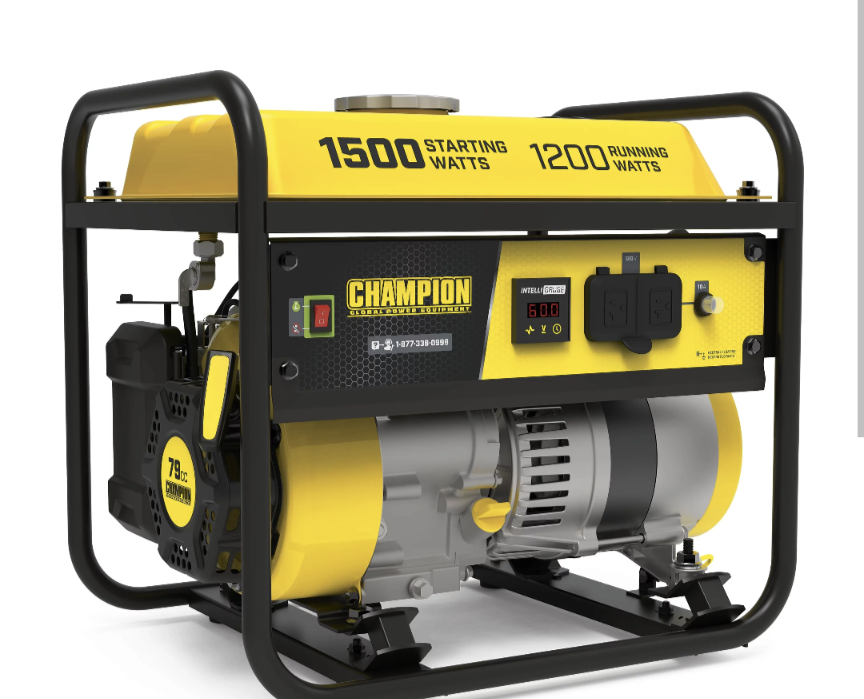In today’s fast-paced world, where power outages can disrupt daily life and critical operations, the importance of generators cannot be overstated. Whether for residential, commercial, or industrial use, generators provide a reliable source of power during emergencies and planned outages.
What are Generators?
Generators are machines that convert mechanical energy into electrical energy, providing a steady and reliable source of electricity when the primary power grid fails. They operate on various fuels, including gasoline, diesel, natural gas, and propane. The basic principle involves a motor turning a rotor inside a magnetic field, which induces electrical current.
Types of Generators
There are several types of generators designed to meet different needs:
- Portable Generators: These are compact, mobile units that are ideal for short-term use and can power a few essential appliances or tools. They are commonly used during camping trips, outdoor events, or temporary power outages.
- Standby Generators: These are permanent installations that automatically kick in when there’s a power outage. They are connected to a home or building’s electrical system and are capable of powering large appliances and systems.
- Inverter Generators: These are known for their efficiency and quieter operation. They produce clean power suitable for sensitive electronics like laptops and smartphones. Inverter generators are popular for recreational use and small household needs.
Uses of Generators
Generators serve a variety of purposes:
- Residential: Homeowners use generators to ensure that essential appliances and systems, such as refrigerators, heating and cooling systems, and medical equipment, remain operational during power outages.
- Commercial: Businesses rely on generators to maintain operations and prevent financial losses during blackouts. Essential services like hospitals, data centers, and supermarkets require uninterrupted power to function properly.
- Industrial: In industrial settings, generators power heavy machinery and ensure that production processes are not interrupted. They are crucial in remote locations where grid power is unavailable.
- Emergency Situations: Generators are vital in emergency situations, such as natural disasters, to provide power for rescue operations, medical facilities, and shelters.

Benefits of Owning a Generator
- Power Backup: Generators provide a reliable backup power source, ensuring that essential systems and appliances continue to operate during outages.
- Flexibility and Convenience: Portable generators offer flexibility for outdoor activities and events. Standby generators provide convenience by automatically supplying power when the grid fails.
- Safety and Security: Having a generator enhances safety and security by keeping important systems like lighting, security alarms, and heating operational during power interruptions.
Things to Consider When Buying a Generator
When purchasing a generator, it’s important to consider several factors:
- Power Requirements: Determine the wattage needed to power your essential appliances and systems. Choose a generator that meets or exceeds this requirement.
- Fuel Type: Select a generator that runs on a fuel type that is readily available and convenient for you.
- Noise Level: Consider the noise level of the generator, especially if it will be used in residential areas or for outdoor activities.
- Portability: If you need a generator for multiple locations or outdoor use, choose a portable model that is easy to transport.
Conclusion
Generators play a crucial role in providing power continuity in various settings. They offer peace of mind by ensuring that essential services and activities are not disrupted during power outages. When considering a generator, it’s important to assess your specific needs and choose a model that best fits those requirements. With the right generator, you can be prepared for any power interruption, ensuring safety, convenience, and peace of mind.


Leave a Reply